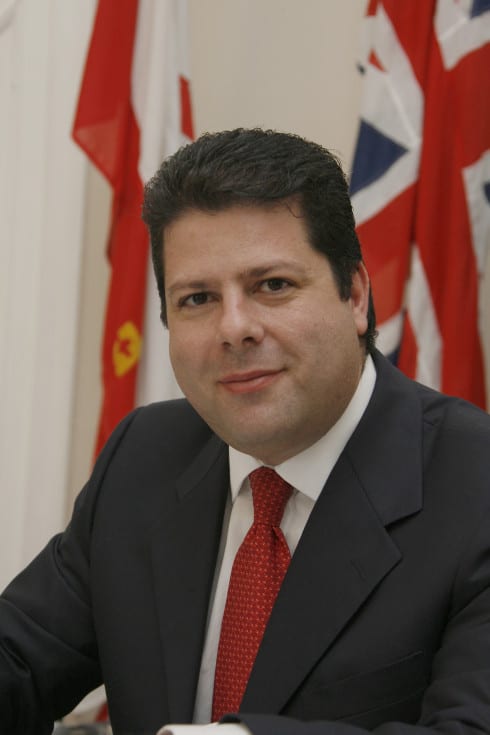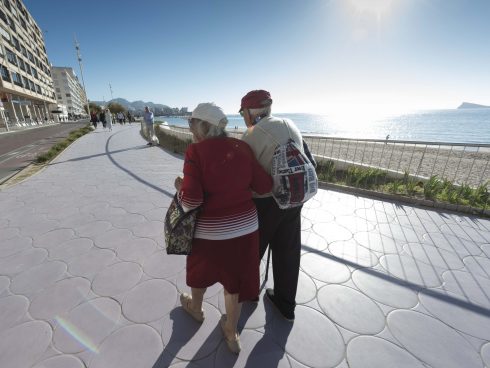PUBLIC fascination with the arrest of former International Monetary Fund (IMF) director Rodrigo Rato is now focused on whether his rights as a citizen were violated during the media frenzy that took place outside his home and office.

Rato, a former economy minister under Prime Minister José María Aznar, was detained after it was reported that he had received a tax amnesty on millions stashed away in overseas accounts.
Police say that he had about €27 million in a well-structured scheme of ghost companies run by his children, who later gave him back the money through other firms.
Rato, who served as deputy prime minister, was arrested at his home where police, acting on a Madrid judge’s complaint, searched the property and confiscated records, files and computers.
Hoards of the press were waiting when police arrived – obviously someone had tipped them off.
When police escorted Rato from his home to his office, the television cameras were focused on the man who once made important global financial decisions.
At one point, an officer in civilian clothes pushed Rato’s head in the car so he wouldn’t hit himself on the vehicle’s door frame – standard practice to ensure suspects do not accidentally injures themselves and blame it on the arresting officers.
Rato’s lawyers are deliberating whether to file a complaint against persons unknown for leaking the investigation to the media and detaining their client so his office could be searched.
So were Rato’s rights violated? Standard law enforcement practice may seem harsh for regular critics of the police in such cases.
If Rato sees fit, he can file a civil lawsuit. But that case would be miniscule compared to his current legal problems.
Click here to read more News from The Olive Press.








